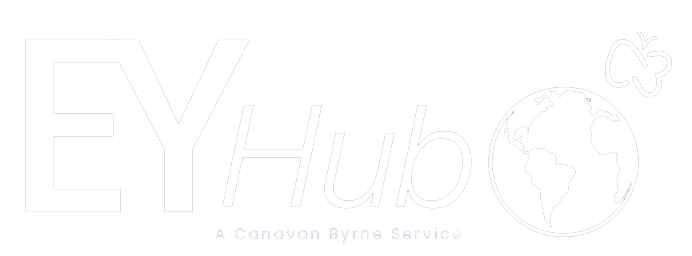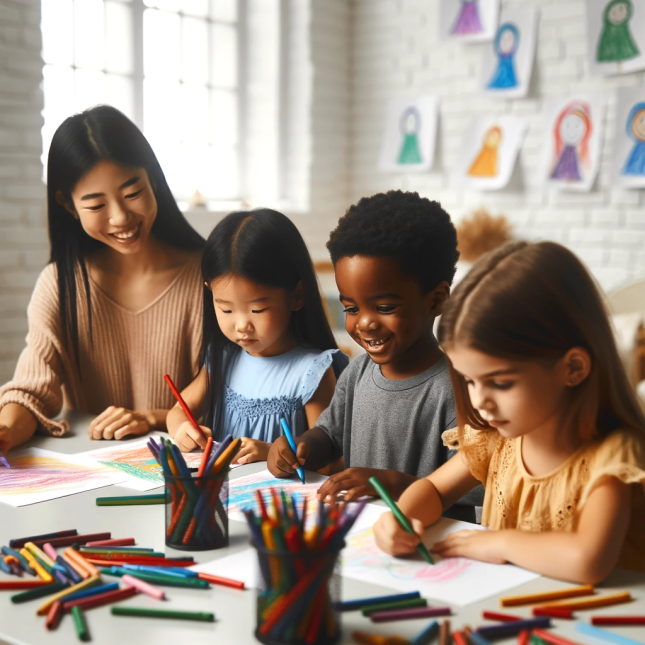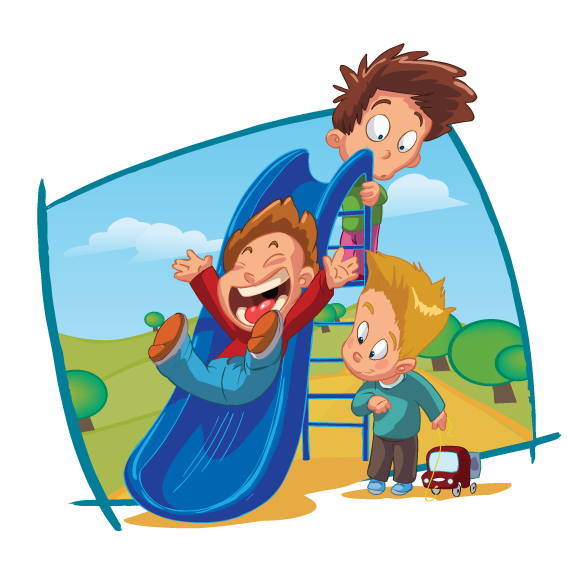Keeping little bodies healthy is something that we are all very conscious of but what about keeping little minds healthy? Could we be doing more to teach our children how to keep their minds healthy?
Could we give them some basic tips that they will take with them throughout their lives so that they will be resilient and ready for anything that life may throw at them. The word ‘mindfulness’ is a word that we have heard so much about over the last couple of years. In a nutshell it means ‘to focus your awareness on the present moment’. Today’s world is a fast paced environment and sometimes it is very easy to become overwhelmed or stressed and children too can feel these uncomfortable situations. Mindfulness techniques are being used by adults in various forms to help keep their minds healthy - these include techniques such as mindful breathing, yoga, mindful eating and practicing gratitude.
Mindfulness: Teaching Our Young Children To Become Resilient Adults
If we introduce children to some of these simple mindfulness techniques from a very young age, we are preparing them for their future as a resilient adult. We are teaching them ways to overcome uncomfortable situations by using simple mindfulness techniques. Practicing mindfulness has proven to reduce stress and focus attention. Practicing mindfulness gratitude teaches children to focus on the appreciation of the things that they do have in their lives rather than what they may want or crave. It also teaches them to appreciate the people in their lives and helps them to have more empathy for those around them. In a world of technology mindfulness helps children (and adults alike) to switch off and be present which in turn helps to keep little minds happy and healthy.
Introducing Simple Mindfulness Techniques to Young Children
Teaching mindfulness techniques doesn’t have to be elaborate sessions that may take up a whole morning but instead easy, short and simple tasks. A simple mindfulness exercise: ‘Close your eyes and breathe. What are you aware of right now?’ This is a very effective use of a basic mindfulness technique and can be used at any time during the day with an individual or a group. Of course a group of young children may not always want to sit still and do yoga poses, or lie with their eyes closed for a prolonged period so you could think about using techniques that include movement and engagement and/or keep them short. Here are a couple of simple but effective ideas that you may like to use as a starting point in your class. There are some videos included that you can watch before you get started!
Mindfulness Breathing: Belly Buddies
Belly Buddies is a simple technique that children will love. Ask the children to bring a stuffed toy (or for older children anything of interest will work) with them and lie on the floor. Ask them to place the stuffed toy on their belly. Set a timer for five minutes. Ask the children to stare at the object they have on their tummy and to watch it rise and fall as they breathe in and out. This is a very effective way of getting children started on the most basic of mindfulness strategies - simply breathing! This can be done at the beginning of each day, at the end of each day or both.
Mindfulness Eating: Pretend to be a Scientist
The exercise of eating mindfully is another great way of instilling mindfulness into young children. Place a selected piece of food on a plate in front of each child. Fruit or dried fruit such as raisins is a good example of something to start with. Tell all the children that they are going to pretend to be scientists and that they should take a moment to investigate their food. What do they see, what shape is it, what colour is it and does it smell? Tell them to use their imaginary telescope to look closer for any patterns on their food. Ask them to bring the food to their mouth and slowly place it on their tongue. Tell them to just feel it on their tongue before biting it. When they bite it ask them to discuss how the food has changed in their mouth - shape, texture and taste. This technique can be expanded by encouraging more discussion and could also be introduced at snack/lunch/dinner time if the children enjoy it.
Mindfulness Gratitude: Thank You Teddy Bear
Pick a teddy bear or stuffed animal and sit all the kids on the floor. Each child should get a turn of holding the teddy bear. When they are holding the teddy bear ask each child to tell you something that they are thankful for today. You can build this into your ‘circle time’ on a daily basis so that it becomes part of everyday routine in your class.









